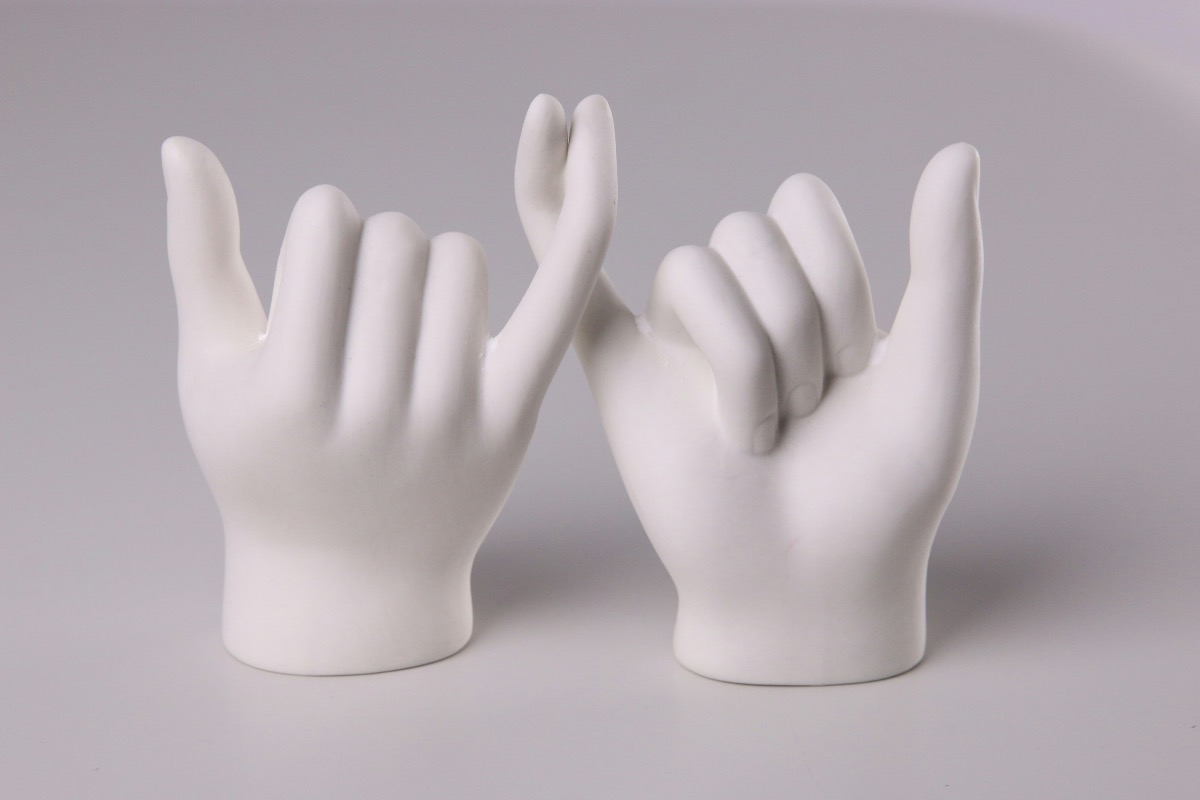The Importance of Honesty in Recovery
Whether or not you are seeking treatment services by choice, you have an opportunity to get in touch with your sense of honesty. Honesty is a vital component of the journey to recovery and well-being while you participate in treatment services. Restoration Recovery has defined honesty as a value that characterizes every aspect of our approach to addiction treatment and recovery. Not only will honesty in recovery help you with your sobriety, but it can assist you in other areas of life.
Honesty in Recovery
The practice of honesty is not always a walk in the park, especially when dealing with the challenges of addiction. It requires vulnerability, self-analysis, and the ability to face painful realities you may not feel ready to accept. Allowing yourself to be completely honest opens up the opportunity for authentic healing and change to occur. By understanding and developing a deeper understanding of honesty and why it is so important, you can take steps toward finding your authentic self.
Importance of Honesty in Recovery
Being honest through your recovery will not only help a facility like Restoration Recovery provide you with the best resources but will also allow you to stay true to your authentic self. By being honest, you can make a lasting change within yourself, and do things like open up more in therapy. The following aspects emphasize the importance of being fully honest in your recovery.
Self-Reflection and Awareness
Honesty starts with an acceptance of the fact that you are addicted to a substance and how that addiction affects your life. It is also about addressing what are the driving emotions, triggers, and responses to what led to your substance use. By allowing yourself to be honest, you learn your strengths and weaknesses and recognize areas for growth. To develop effective coping strategies, have realistic goals, and make accurate decisions on your path to recovery, self-awareness needs to be developed.
Through a genuine analysis of these drivers, people get more information regarding their strong and weak points, which helps to enable specific realms of development and healing. In addition, self-awareness helps one to create unique coping strategies and achievable goals. Through self-reflection and awareness, people can become more able to make the right decisions and remain focused on the results, implementing positive changes in their lives with a sense of independence.
Accountability and Trust
Trust is a primary foundation of the relationship between a therapist and a client during the recovery process. When you display integrity and are responsible for your actions, you are acting from a place of honesty and authenticity. By being transparent with your treatment team, peers, and loved ones, you develop trust and accountability in your support system. This helps to build an environment that is a safe and supportive place where you can identify challenges, acknowledge victories, and obtain the support and motivation you need to remain focused.
Trust and responsibility go beyond single-person relations. They extend to the whole recovery community. Acting with integrity and responsibility with therapists, peers, and significant others helps to create a culture of trust and support within the treatment environment. This setting provides a haven for participants to share their challenges, share the glory in their accomplishments, and receive empathy and motivation from others who have been in their place.
Strengthening Relationships
Honesty is the pillar of strong relationships. Restoring and rebuilding relationships during recovery may be a central part of your path. You develop trust, respect, and mutual understanding with your loved ones by keeping honesty and transparency in your interactions. Honesty enables linking the past hurts with the future reconciliation, setting the stage for meaningful connections founded upon empathy and understanding.
Building up relationships by being honest does not only mean healing but also creating closer bonds of understanding and respect. When people in recovery adopt a policy of truthfulness and openness to loved ones, they build a framework of trust and genuineness that sustains a healthy relationship. This openness to truth enables the recognition of old wounds and a chance for healing and forgiveness. Honest and open communication and sharing of their weaknesses among people in recovery lead to deeper relationships with their family and friends.
At Restoration Recovery, we can help you further these relationships with understanding, empathy, and support in recovery. When honesty becomes the basis of their communication, people and their support systems can solve problems more effectively and in unity, building solid and deep connections.
Personal Growth and Resilience
Recovery does not only mean not using substances and staying sober. It also means finding out who you are and taking back your life. Honesty is a stimulant of self-growth and change. It enables you to face your fears, question the self-imposed limitations that your addiction has put you through, and open your mindset to start to consider new opportunities for your life. Allowing yourself to be honest in recovery can help increase your resilience, self-compassion, and sense of direction which will help support your newfound sober lifestyle.
Be an active participant in the journey to recovery and self-discovery with Restoration Recovery. Through our multi-faceted addiction treatment programs, including individual therapy sessions and a compassionate community, you will be able to address the root of your addiction. You will also be able to cultivate self-understanding and develop deeper relationships with others, including your loved ones. Allow us to help you begin to walk on a path toward a better, healthier life. Being honest is at the start of this process and is an important factor in the lifelong journey of recovery. To learn more about the importance of honesty in recovery, reach out to Restoration Recovery today at (888) 290-0925.






